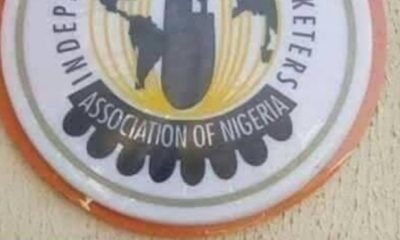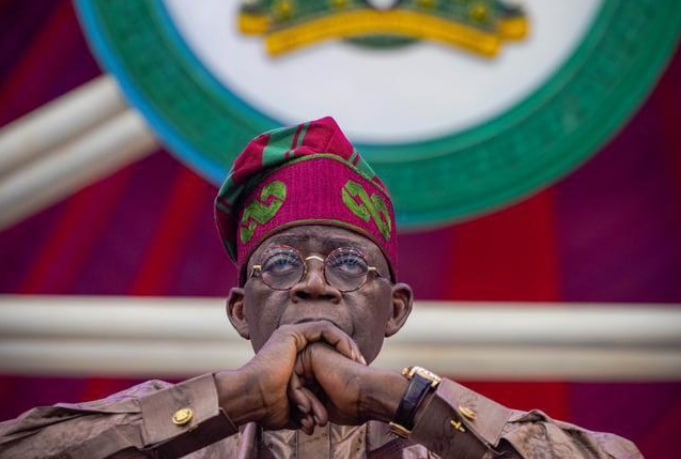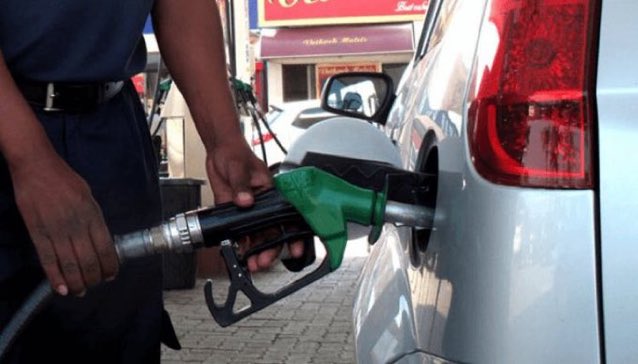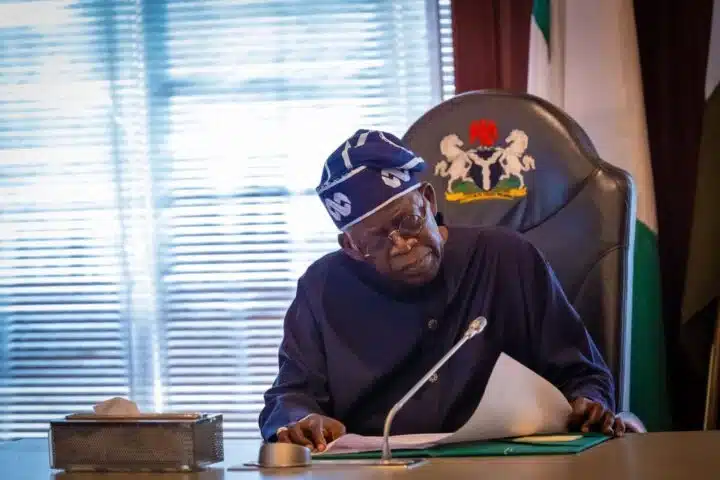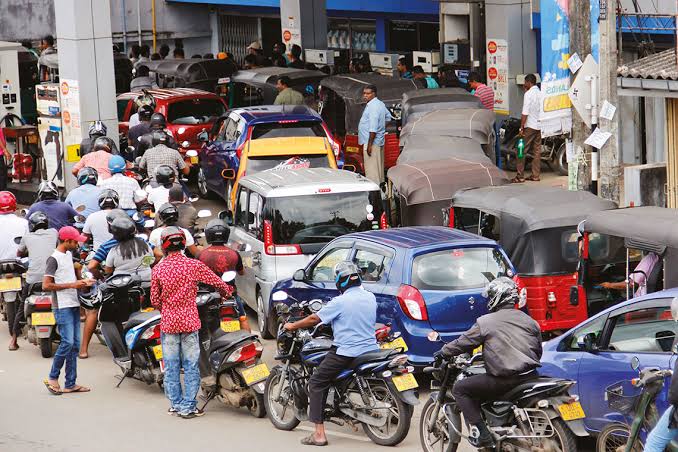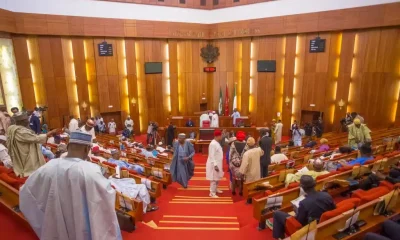News
Buhari Govt To Begin Removal Of Petrol Subsidy In April

-
Petrol subsidy removal will begin in April.
-
According to the finance minister, subsidy removal appears to be the position of all presidential candidates.
-
The World Bank and the International Monetary Fund (IMF) say removing fuel subsidies is one of the fiscal reforms urgently needed.
EKO HOT BLOG reports that President Muhammadu Buhari’s government has announced it will begin the gradual removal of the petrol subsidy in the second quarter of 2023.
The Minister of Finance, Budget and National Planning, Zainab Ahmed, revealed this in her report, highlighting the sidelines of the World Economic Forum in Davos, Switzerland.
EDITOR’S PICKS
-
CBN: Emefiele To Appear Before Court Over Suit Seeking His Arrest
-
‘I Will Deal With IPOB, Yoruba Agitation Decisively’ – Presidential Candidate
-
Paternity Scandal: Sanwo-Olu’s Alleged Baby Mama Makes Demand Over Son
This online media platform understands that the federal government’s initial plan was to commence the subsidy removal in June following an 18-months extension. Ahmed noted that the petrol subsidy removal will now begin April 2023, about three months ahead of the initial plan to effect a complete stop to the expenditure head.
According to her, subsidy removal appears to be the position of all presidential candidates seeking to succeed the incumbent government.
She stated: “What will be safer is for the current administration to, maybe at the beginning of the second quarter, start removing the fuel subsidy, because it’s more expedient if you remove it gradually than to wait and move it all in one big swoop”.
The government had budgeted an expenditure of N3.35 trillion on petrol subsidies for January through June 2023, but the development had generated widespread debate on the expediency of such expenditure as it will increase the budget deficit of the FG, which would be financed through additional borrowing and hence the further rise in the nation’s public debt which stood at N44.06 trillion as at the end of September 2022.
According to the World Bank and the International Monetary Fund (IMF), removing fuel subsidies is one of the fiscal reforms urgently needed to lift Nigeria’s development outcomes, which are severely constrained by the inefficient use of resources.
Earlier in his remark, World Bank President, David Malpass, said: “Nigeria’s government urgently needs to strengthen fiscal management, create a unified, stable market-based exchange rate, phase out its costly, regressive fuel subsidy and rationalize preferential trade restrictions and tax exemptions.”
FURTHER READING
-
We Have To Rebuild, Replace Materials – INEC Chairman Speaks On Attacks On Facilities
-
‘He Is Not Fit For Presidency’ – Fani-Kayode Blasts Atiku Over Corruption Allegation
-
Germany: Police Remove Climate Activists Delaying Coal Mine Expansion
Malpass noted this while commenting on a World Bank report launched in November last year, titled: “Nigeria Public Finance Review: Fiscal Adjustment for Better and Sustained Results.”
Click to watch our video of the week
Advertise or Publish a Story on EkoHot Blog:
Kindly contact us at [email protected]. Breaking stories should be sent to the above email and substantiated with pictorial evidence.
Citizen journalists will receive a token as data incentive.
Call or Whatsapp: 0803 561 7233, 0703 414 5611


